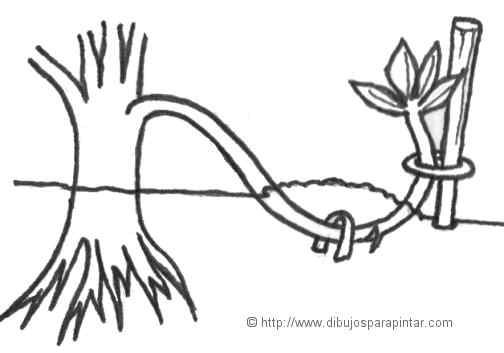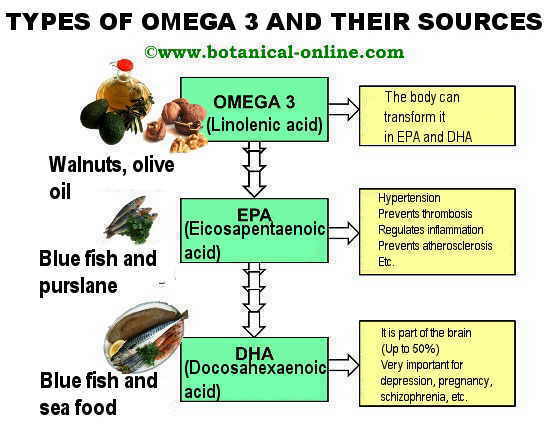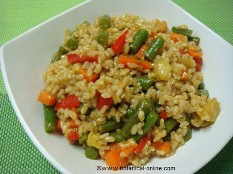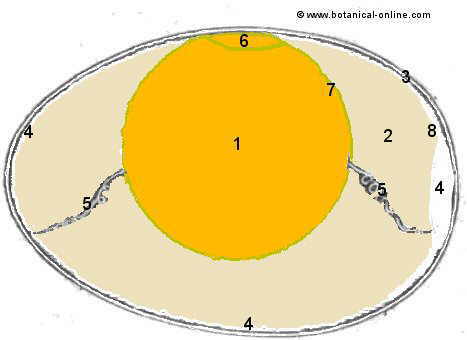Contents
Are legumes bad?
Legumes are a very tasty and nutritious vegetable but are not suitable in certain situations:
- Renal diseases: Due to its high content of potassium, legumes are a moderate food in case of renal failure, in which a diet low in potassium must be taken. However, if there is no control of potassium, there is no reason to prohibit these foods, since research indicates that vegetable protein is healthy for kidney disease because they have a better phosphate / protein ratio than many types of meat and fish ( more information).
- Gout or high uric acid: The legumes should be consumed in smaller quantities in case of problems of hyperuricemia or gouty disease, due to the high purine content of these foods.

In certain cases, beans may not be good for us
Can you eat legumes in case of diarrhea?
There are many doubts about whether it is appropriate to eat many legumes when there is diarrhea or gastroenteritis, situations in which a diet based on rice water, carrots, potatoes, apples, and other more digestive and demulcent foods is recommended.
However, there is no express contraindication to not consume vegetables, as this food does not produce or aggravate it, and can be very nutritious.
- The general advice is to consume legumes if they are tolerated, but it is advisable to assess each case in a particular way, depending on the type and cause of the diarrhea.
The most tolerated legumes are chickpeas, tender peas, lentils and tofu.
Legumes for digestive diseases
Sometimes the consumption of this food is not recommended in people with certain intestinal diseases, such as Crohn’s disease, colitis and irritable bowel because of its high fiber content.
Some dietitians discourage them in these cases, just as when it is suspected that there may be a leaky intestine, due to the irritating effect of saponins and some antinutrients on the digestive tract. This restriction tends to be temporary until digestive health improves.
Other professionals follow an autoimmune protocol and advise consuming legumes with less antinutrients, such as chickpeas, lentils and tender peas.
People who follow a diet low in FODMAPs should eliminate the group of legumes. This type of diet has an effectiveness still to be determined, it is always recommended the advice of a dietitian nutritionist expert in the field.
Can legumes be given to babies?
Lentils and chickpeas are among the first legumes that are given to babies, but their introduction must be very slow and careful.
It is recommended to introduce very little amount of legumes and that these are previously soaked and very cooked.
Are legumes contraindicated in diabetes?
Legumes are a group of highly recommended foods for diabetes, in fact, they are better tolerated than a plate of rice, than potato or pasta. In addition to having slow-absorbing carbohydrates, they are very nutritious and beneficial for diabetes.
Legumes for diabetes
Myths about legumes
When there is no express contraindication, there is no scientific or logical reason not to eat legumes in the diet, but quite the opposite. In addition to being very beneficial, for human health, eating legumes is very ecological because they are proteins that are obtained with less environmental impact than other sources, such as red meat.
Despite this, unfortunately, its consumption among the population is much lower than desired.
There are many false beliefs about legumes, such as, for example, that they can not be eaten daily, that they produce a lot of gas, or that they are bad for diabetes. For this reason, we have to insist on dispelling myths and explain any doubt that may reduce their consumption.
![]() More information on legumes
More information on legumes










